Chaucer, Ethics, and Gender
This book makes a vigorous reassessment of the moral dimension in Chaucer's writings. For the Middle Ages, the study of human behaviour generally signified the study of the morality of attitudes, choices, and actions. Moreover, moral analysis was not gender neutral: it presupposed that certain virtues and certain failings were largely gender-specific. Alcuin Blamires - mainly concentrating on The Canterbury Tales - discloses how Chaucer adapts the composite inherited traditions of moral literature to shape the significance and the gender implications of his narratives. Chaucer, Ethics, and Gender is therefore not a theorization of ethical reading but a discussion of Chaucer's engagement with the literature of practical ethical advice. Working with the commonplace primary sources of the period, Blamires demonstrates that Stoic ideals, somewhat uncomfortably absorbed within medieval Christian moral codes as Chaucer realized, penetrate the poet's constructions of how women and men behave in matters (for instance) of friendship and anger, sexuality and chastity, protest and sufferance, generosity and greed, credulity and foresight.
{{comment.content}}
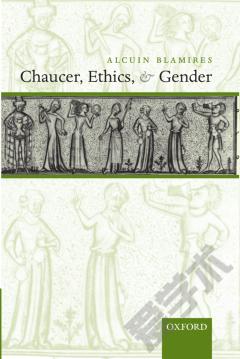
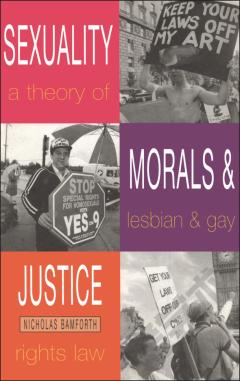
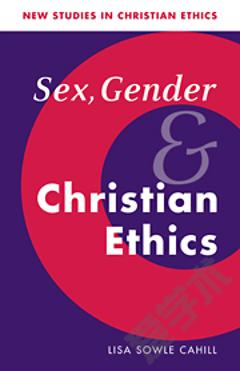
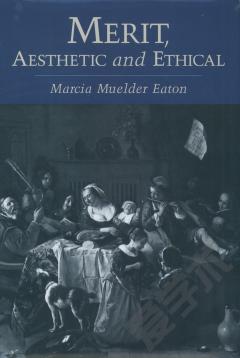
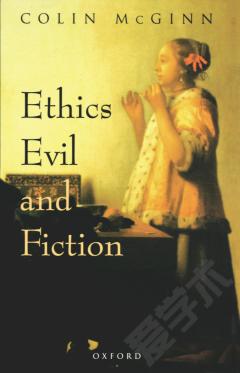



 京公网安备 11010802027623号
京公网安备 11010802027623号